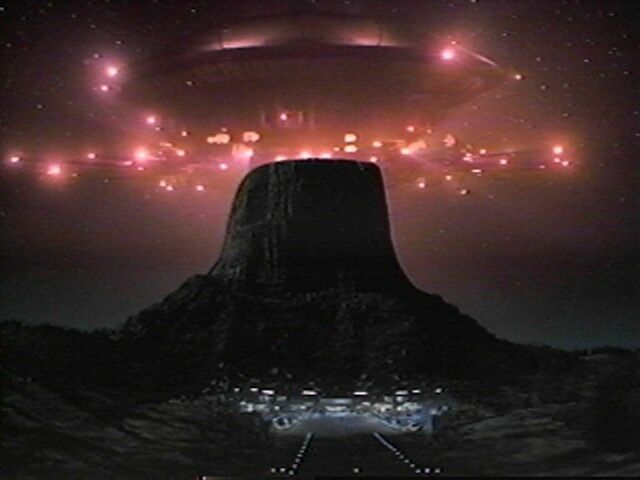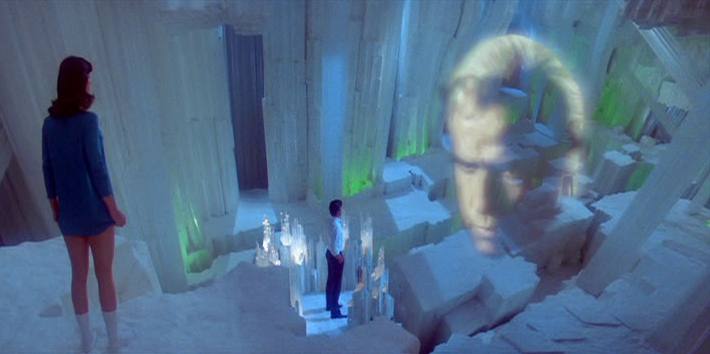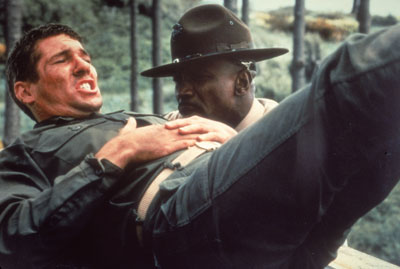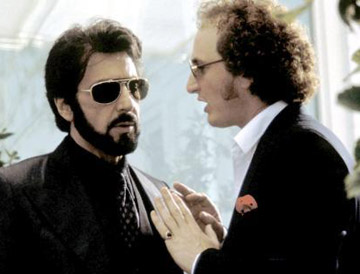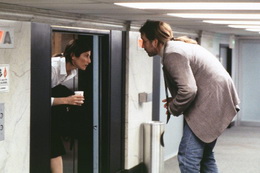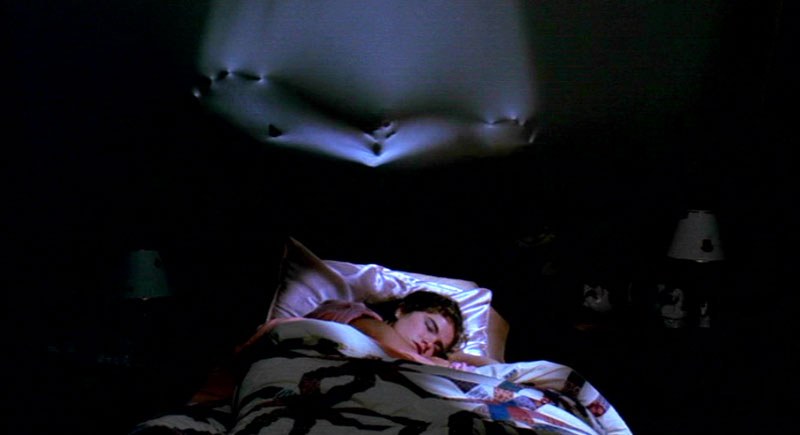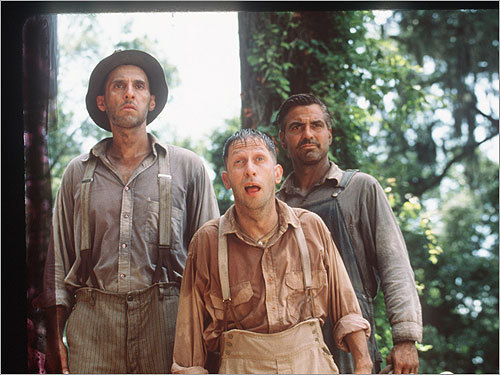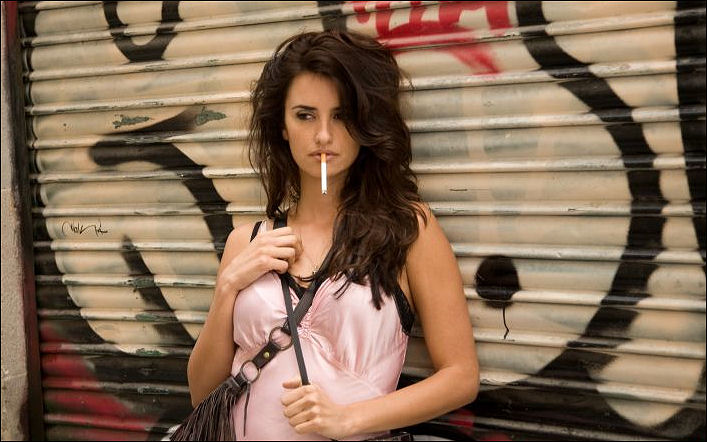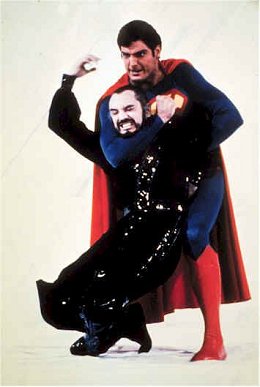 1981's follow-up to the successful Superman sees Supes identity being revealed to Lois and his decision to become mortal and be with her for all time thwarted by the Phantom Zone criminals from the first film.
1981's follow-up to the successful Superman sees Supes identity being revealed to Lois and his decision to become mortal and be with her for all time thwarted by the Phantom Zone criminals from the first film.The first thing you'll notice is that Richard Lester directed this film. Well, over 50% of it because of the Salkind's anger with Richard Donner actually making a good film instead of a cash cow (could you imagine if these morons had gotten their hands on Batman like they wanted). Most of this film was complete when Lester took over, but in order to get Donner's name off the credits he had to shoot at least 51% of the film. Ironically Richard Donner's cameo (in front of the diner) remained in Lester's cut of the film.
Overall this is still a very solid action film given its rocky history. All the principals are here and the story is still solid. The film falls flat on it's face during the ending when Superman uses saran wrap, Krypton's master use of force lightning, and teleportation becomes a standard addition to being under a yellow sun. Other than that Superman II is a great action film that (official) continued the Superman franchise (what till we get to III and IV).

